News
The latest developments in neuroscience
Visual perception improves in the blink of an eye
Blinking—long considered a problem the brain must overcome to produce seamless vision—may actually be more of a feature than a bug, new research suggests.
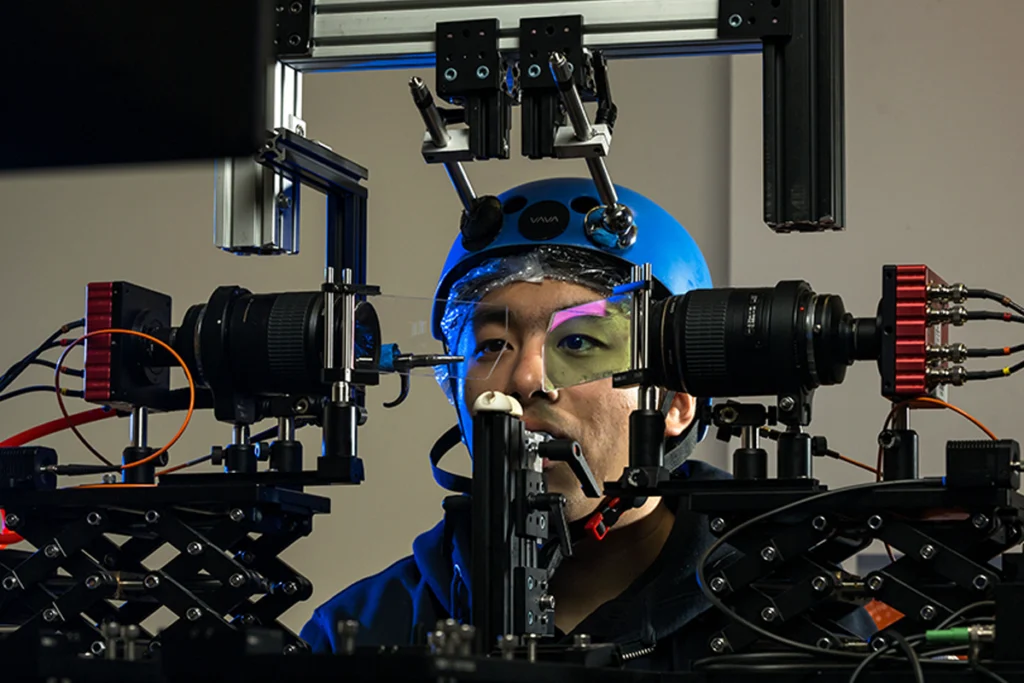
Visual perception improves in the blink of an eye
The Transmitter Launch: Industry internships, ‘Next Generation Leaders,’ and more
Working at a biotechnology or artificial-intelligence company is no longer an “alternative career” for researchers with a doctorate in neuroscience—plus jobs, training and funding updates for May.

The Transmitter Launch: Industry internships, ‘Next Generation Leaders,’ and more
Some minimally verbal autistic people show signs of written-language familiarity, study suggests
But researchers not involved in the work worry the findings could be used to support discredited facilitated-communication techniques.
Cocaine, morphine commandeer neurons normally activated by food, water in mice
Confirming a long-held hypothesis, repeated exposure to the drugs alters neurons in the nucleus accumbens, the brain’s reward center, and curbs an animal’s urge for sustenance.
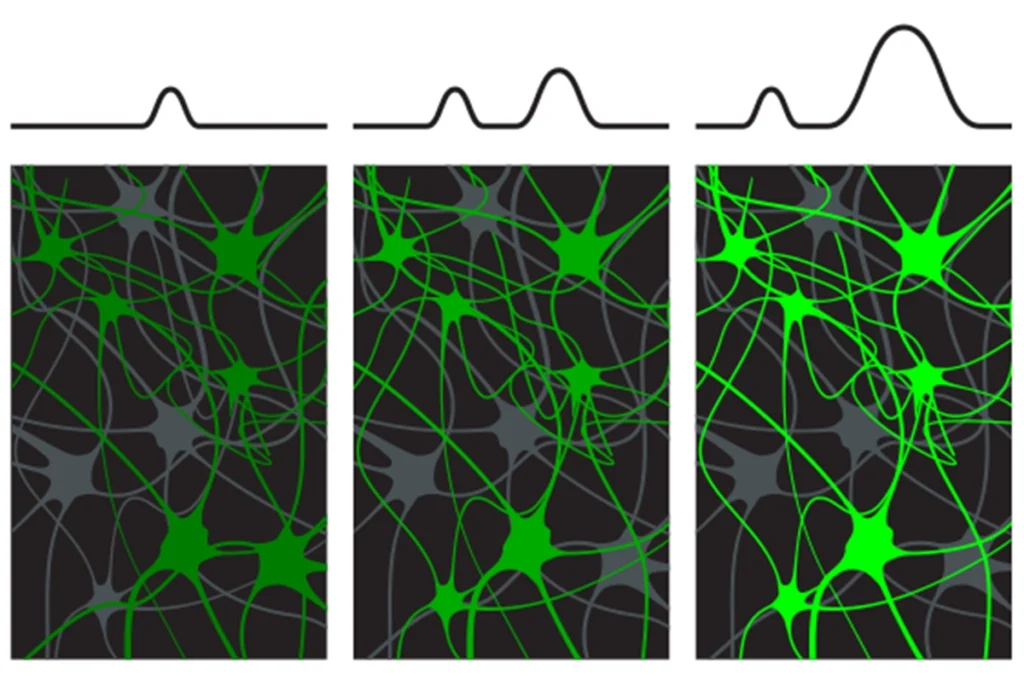
Cocaine, morphine commandeer neurons normally activated by food, water in mice
X chromosome inactivation; motor difficulties in 16p11.2 duplication and deletion; oligodendroglia
Here is a roundup of autism-related news and research spotted around the web for the week of 6 May.
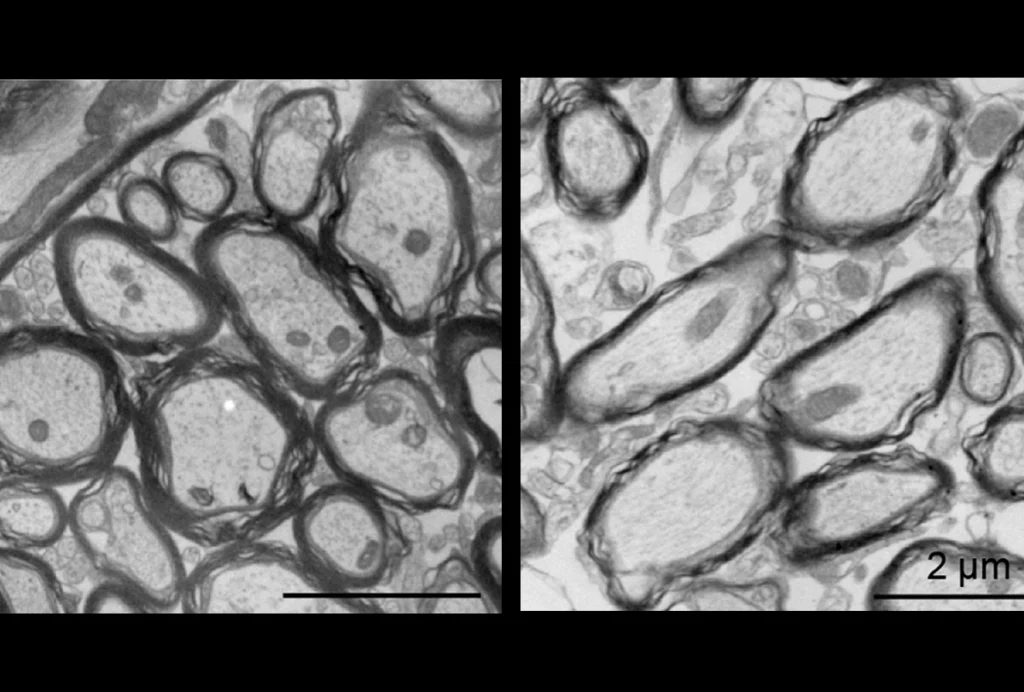
X chromosome inactivation; motor difficulties in 16p11.2 duplication and deletion; oligodendroglia
Inclusivity committee disbands in protest at Canadian neuroscience institute
The majority of an 11-person committee resigned from the group this week following news that a staff position overseeing equity, diversity and inclusion would not be renewed.

Inclusivity committee disbands in protest at Canadian neuroscience institute
What neuroscientists should know—and what they can do—about changes to BRAIN initiative funding
Many grant proposals submitted to the program in the past year are unlikely to be funded, according to people within the National Institutes of Health. But scientist advocates are reaching out to congressional representatives to try to make changes for 2025.
Carol Jennings, whose family’s genetics informed amyloid cascade hypothesis, dies at 70
Her advocacy work aided the discovery of a rare inherited form of early-onset Alzheimer’s disease and helped connect affected people with researchers.

Carol Jennings, whose family’s genetics informed amyloid cascade hypothesis, dies at 70
Brain Gene Registry; neurite density; income disparities in autism diagnoses
Here is a roundup of autism-related news and research spotted around the web for the week of 29 April.
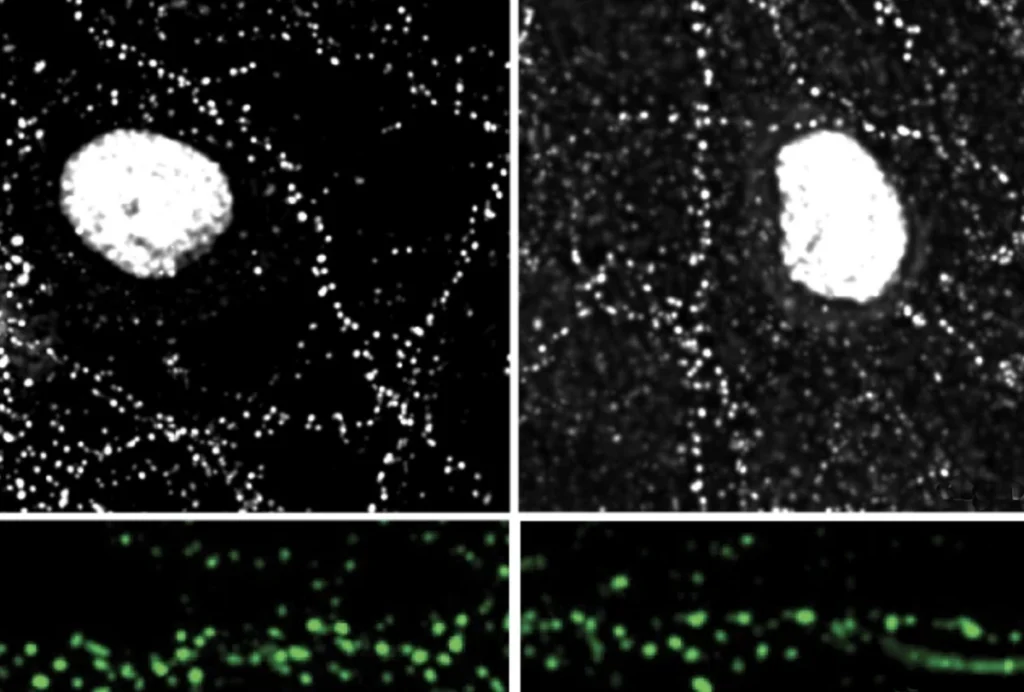
Brain Gene Registry; neurite density; income disparities in autism diagnoses
‘These are not alternative careers’: More neuroscience Ph.D. programs start to facilitate industry internships
The opportunities cater to students interested in careers outside the ivory tower.
Explore more from The Transmitter
Decoding flies’ motor control with acrobat-scientist Eugenia Chiappe
The tiny performers steal the show in Chiappe’s sensorimotor-integration lab in Lisbon, Portugal.

Decoding flies’ motor control with acrobat-scientist Eugenia Chiappe
The tiny performers steal the show in Chiappe’s sensorimotor-integration lab in Lisbon, Portugal.
Neuroscience needs a research-video archive
Video data are enormously useful and growing rapidly, but the field lacks a searchable, shareable way to store them.
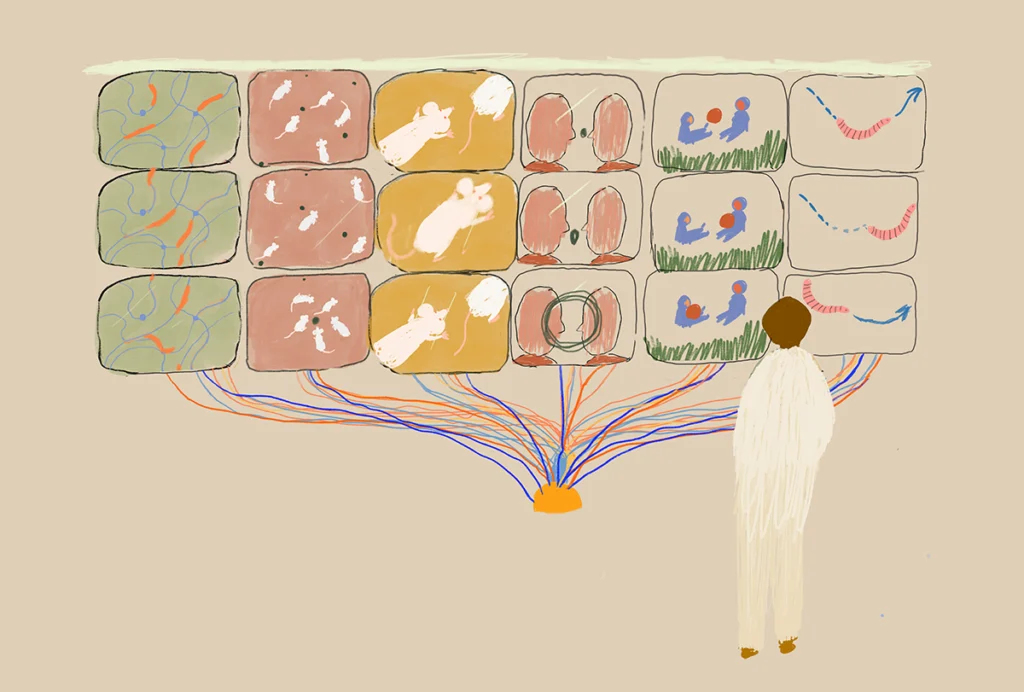
Neuroscience needs a research-video archive
Video data are enormously useful and growing rapidly, but the field lacks a searchable, shareable way to store them.
How to explore your scientific values and develop a vision for your field
As a new professor, I was caught off guard by one part of the job: my role as an evaluator.

How to explore your scientific values and develop a vision for your field
As a new professor, I was caught off guard by one part of the job: my role as an evaluator.


